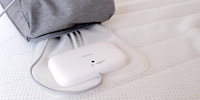
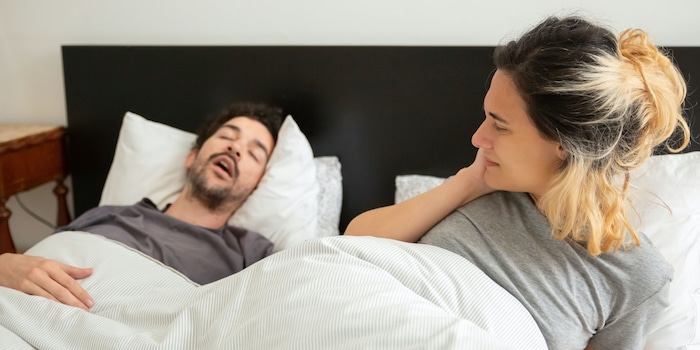
I’m declaring war on my snoring
My snoring may be annoying, but it’s not medically problematic. Nevertheless, I want to do something about it, if only for the sake of my wife. Time to test some anti-snoring devices.
According to my wife, I have a nighttime gig as a lumberjack, which I’m very successful at to boot. She claims I cut down tree after tree in my sleep and am therefore partly responsible for the deforestation of the rainforest. Me? I rather see my nocturnal noise emissions as a means of driving away wild animals to keep my loved ones safe. Spin it however you please, there’s no way around it: I’m a regular snorer – and a loud one at that. This is further supported by the fact that, a few years back, I came in a sensational second in a bedding company’s snoring contest.
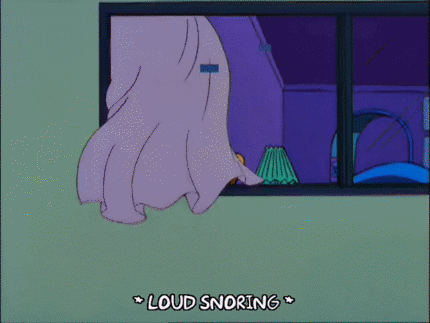
My snoring has led to the odd night or two on the couch, for me and my wife. In addition, I’ll sometimes wake up with «mysterious» little bruises – the result of my wife’s violent tender attempts to stop my snoring, or at least shift position. Despite all this, my snoring hasn’t yet led to any serious marital disputes. This is thanks to the sheer, inexhaustible generosity of my wife ... and perhaps a little to the fact that she also snores from time to time.
The causes are manifold
What happens when you snore, anyway? During sleep, your muscles relax, including those in your mouth and throat. When this slackened tissue begins to flutter or vibrate due to the air you breathe in, loud noises can be the result.
Experts estimate that nearly every second person snores worldwide. In addition, the ageing process increases the tendency to snore, because muscle tension decreases with age. Apart from that, circumstances that can contribute to snoring include alcohol, smoking, obesity, sleeping position and more.
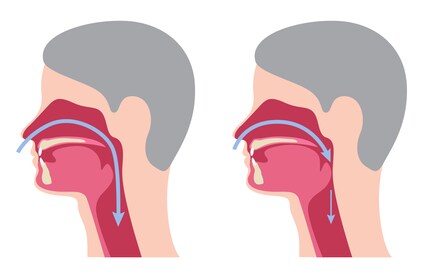
Source: Shutterstock
When snoring makes you sick
The most common type of snoring is simple or primary snoring. While it may be annoying for those around you, from a medical point of view it’s usually harmless.
Things are quite different when the snoring is associated with regular pauses in breathing. In this case, there’s a risk of sleep apnoea, which you should have examined by a doctor. Due to these nocturnal breathing pauses, your body can hardly get into the deep sleep phase, preventing restful sleep. The possible consequences range from constant daytime fatigue, high blood pressure and depression to diabetes, heart disease and stroke. This is not something to be taken lightly. So, if you suspect sleep apnoea, see a doctor as soon as possible.
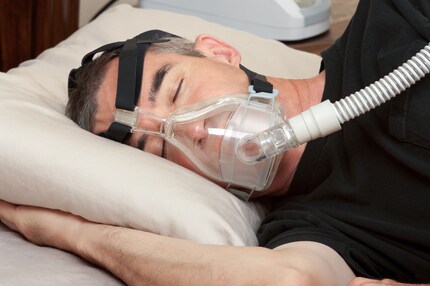
Source: Shutterstock
Of mouthpieces, dilators and more
Back to primary snoring, the comparatively harmless type of nighttime disturbance. As varied as the reasons for it are, there are many possible measures against it: not being overweight, abstaining from alcohol and smoking, and the right sleeping position, to name just a few. In addition, there are devices that promise help without me having to fundamentally change my life and behaviour. I find some in our shop. Choices include nasal strips (so-called dilators), mouthguards and anti-snoring sprays and oral strips.
What good are these in the fight against snoring? That’s the question I’m hoping to find the answer to. So, I’ll be trying out a few of these products in the near future and will share my experiences with you. Here’s to an end to snoring – hopefully!
Do you snore, too? Are you the primary victim or a victim-by-proxy? How do you deal with it? Leave your thoughts in the comments. Maybe I’ll pick out a tip or two to explore further.
I'm a full-blooded dad and husband, part-time nerd and chicken farmer, cat tamer and animal lover. I would like to know everything and yet I know nothing. I know even less, but I learn something new every day. What I am good at is dealing with words, spoken and written. And I get to prove that here.



